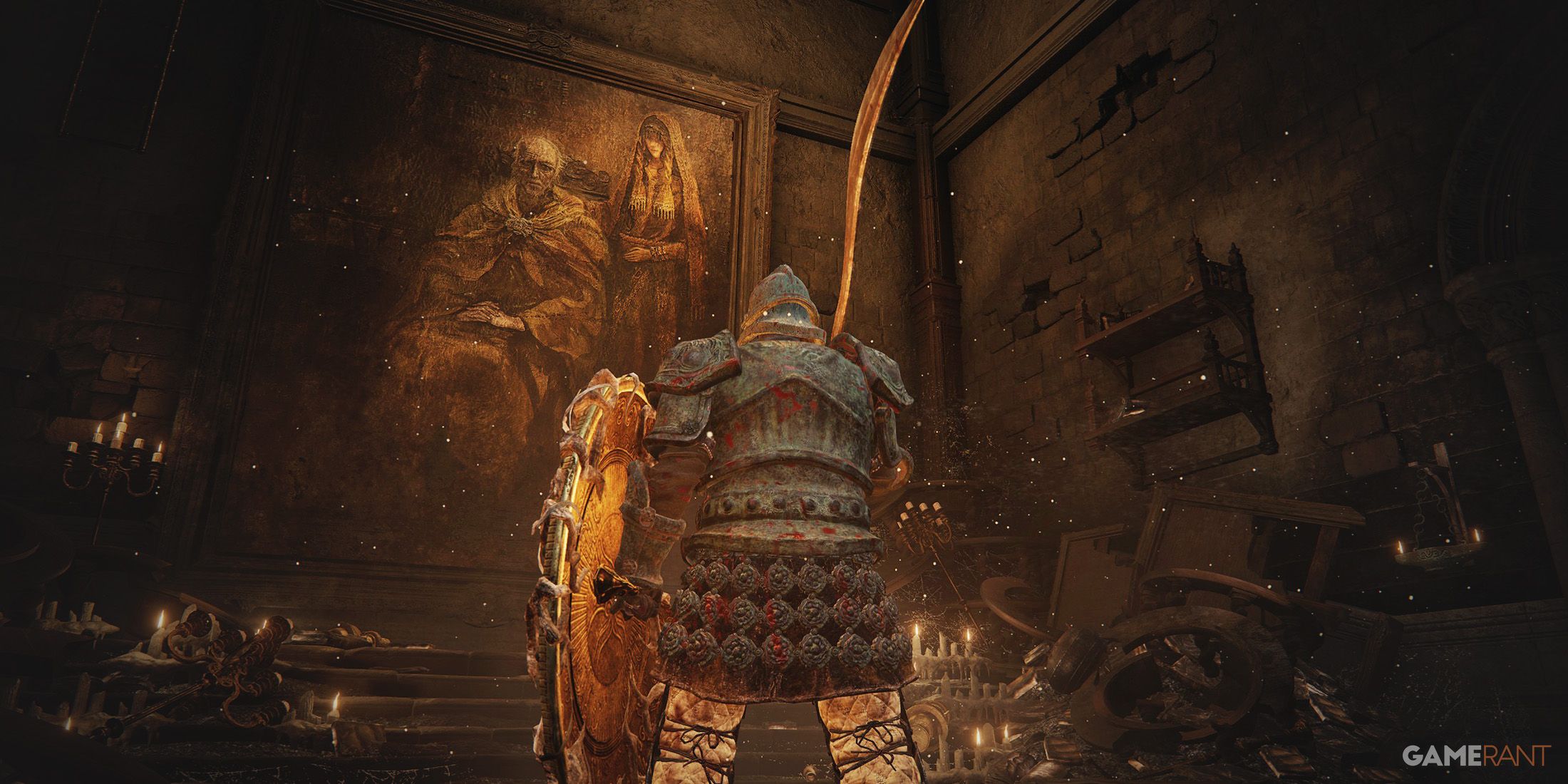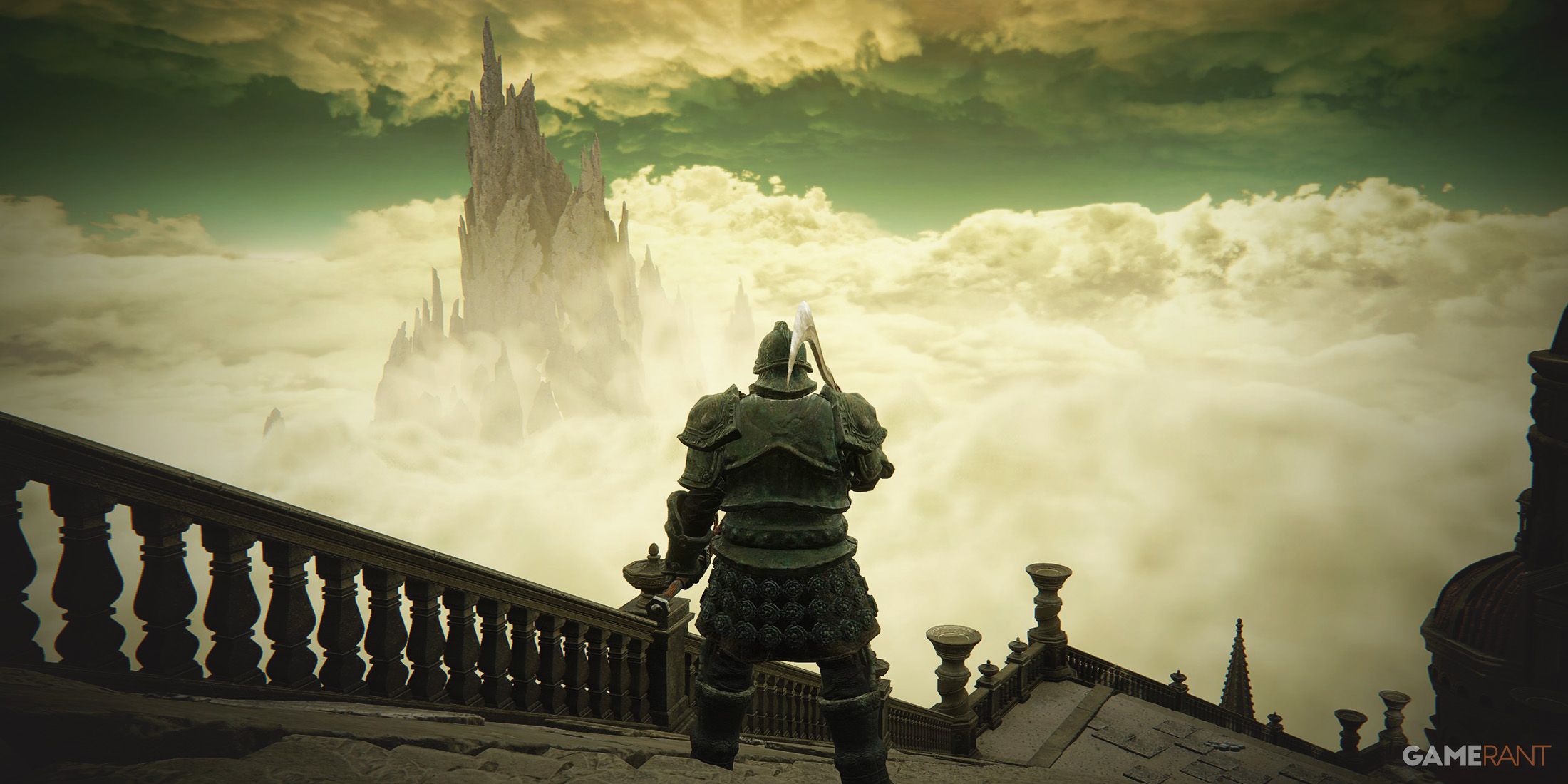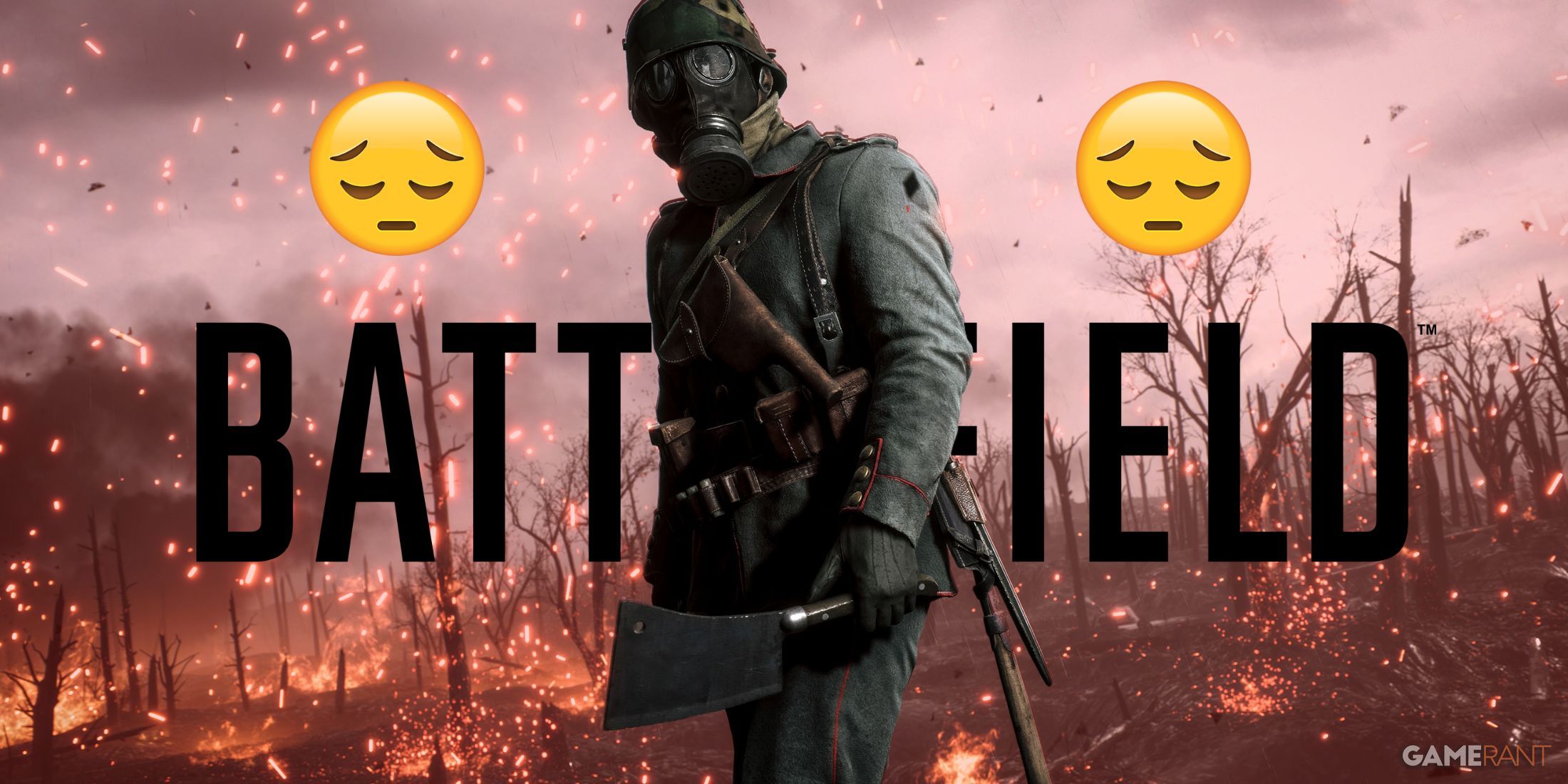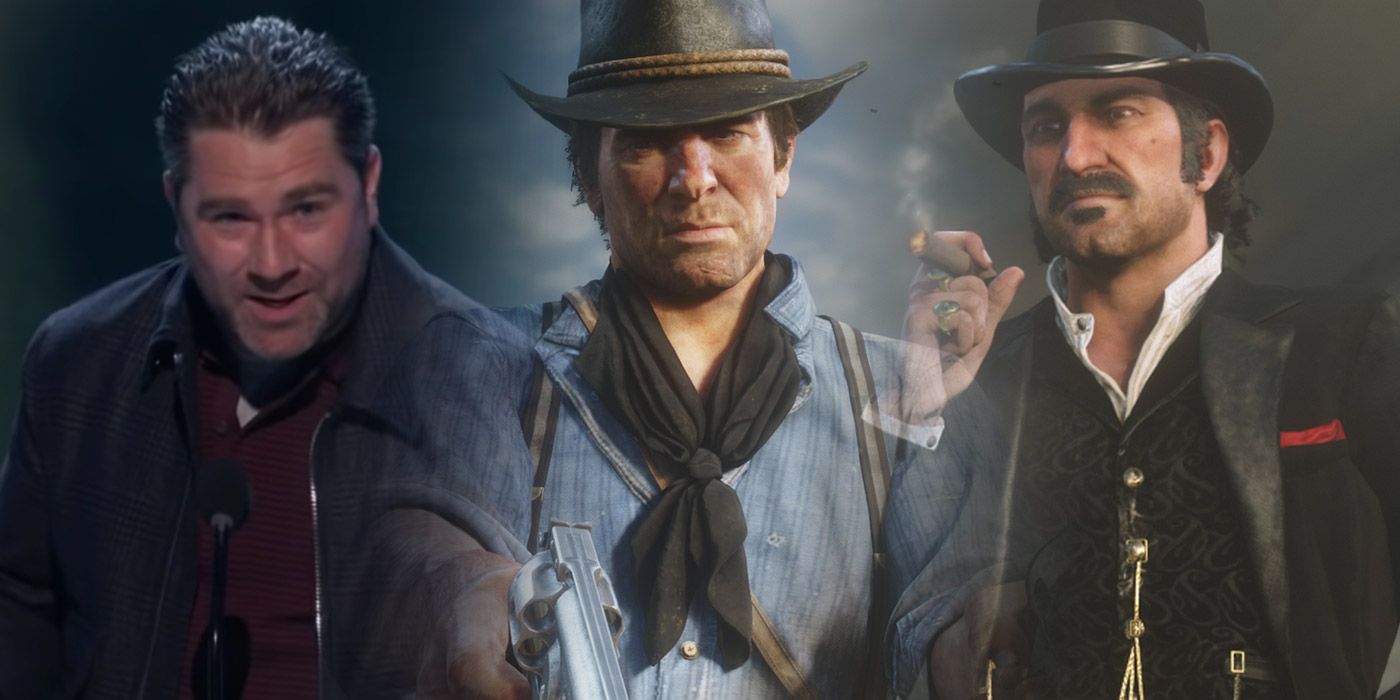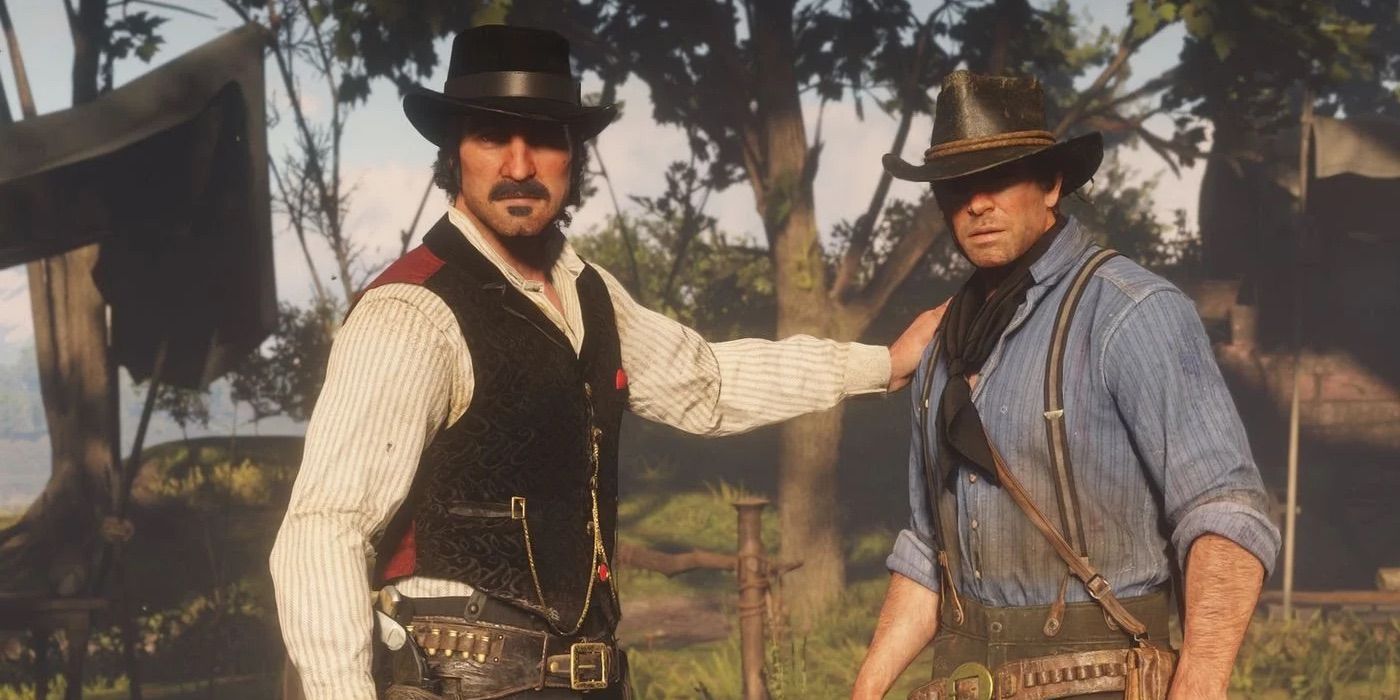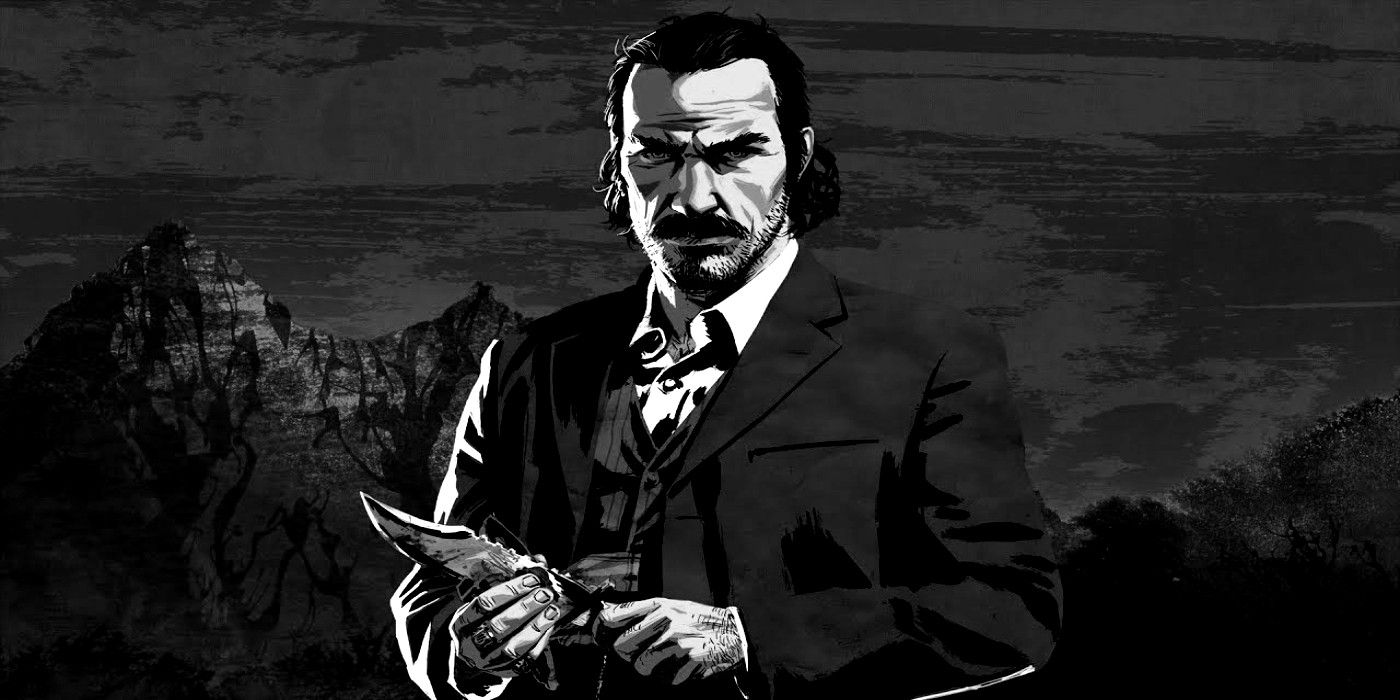In both games, Red Dead Redemption has always been a tale depicting the death of the Wild West. In the wake of the American Industrial Revolution and Manifest Destiny, the life of vagrant outlaws and cowboys in general was not long for widespread civilization. Railroads and trains spread across the West, more people began flocking to city centers for work, and the California Gold Rush had long dried up. Groups like the Dutch Van der Linde gang were a rare breed in 1899, but the outside influences wouldn't be the straw that broke the Dutch's Boys' backs.
Players are made abundantly aware of the straining of Arthur's relationship with Dutch as Red Dead Redemption 2's story plays out, but it's not that simple. Arthur's loyalty to the gang is broken down piece by piece, something Roger Clark wanted to emphasize as important to Arthur Morgan's character arc. In an interview with Game ZXC, Roger Clark discussed his relationship with Benjamin Byron Davis (Dutch Van der Linde's actor), and how Arthur's loyalty to Dutch is progressively broken down during the game.
The Inspiration and Development of Dutch and Arthur's Relationship
At the beginning of the game, the morale in Dutch's gang is certainly low, but it's clear their loyalty to the man and everyone under him is still very strong. Ironically enough, after the events of the Blackwater Massacre off screen, Dutch's gang is at its strongest. Inklings of mistrust are echoed by some members, but for the most part, everyone still believes in Dutch's infamous "plan" to lead them to salvation. It's not until the events of the next few months where Micah's destructive influence on Dutch and their collective denial of their dire situation where things truly go south for the Dutch Van der Linde gang.
Roger Clark and Benjamin Byron Davis understood the strain they needed to place on this relationship as the story of Red Dead Redemption 2 progressed. As Dutch's right-hand man, Arthur's loyalty hangs on to Dutch for as long he possibly can, at least until the ultimate betrayal. Both actors understood this very well: "Ben and myself could tell we were bouncing off of each other quite well early on. He was a real joy to work with," Clark remembered. "We talked about their relationship a lot... Butch Cassidy and the Sundance Kid's friendship was a major influence."
Progressively, players witness tragedy after tragedy within Dutch's gang. Dutch's stubbornness, egged on by Micah's destructive and selfish behavior, leads to so much devastating violence for the members of the gang. Much death is perpetuated by the endless cycle of violence from Dutch's "plan" and its after effects. Time after time, Dutch never learns that his constant "one more heist" mindset is killing off the gang he'd worked so hard to grow.
"We also kept an eye on Dutch's change in character throughout the story, something that was subtle and excellently done by Ben and the writers. We saw that as a vital part to the disintegration of their relationship. Arthur doesn't have the authority nor the eloquence to fill the vacuum caused by Hosea's absence, and Micah doesn't help, as his sycophancy further drives a wedge between Arthur and Dutch."
Red Dead Redemption 2 and the Death of the Wild West
The ultimate fate of Arthur, Micah, and Dutch's gang as a whole emphasizes the adage of "the Wild West is dying," a mantra that was so heavily inferred in the first Red Dead Redemption game. The death of the outlaw is a theme that's pervasive throughout Red Dead Redemption 2: whether it's the literal deaths of the gang members, or the more subtle impact of Dutch's gang constantly moving camps and losing ground against the Pinkertons' law enforcement efforts. From Roger Clark's perspective, nothing emphasizes the death of the Wild West more than Arthur and Dutch's destruction of their relationship:
"Their relationship, and indeed the relationship of the whole gang, is a metaphor for the dying west. Everything that was safe and known is crumbling away, leaving nothing but doubt, desperation, and death."
Arthur sacrificed a lot for Dutch's gang. He spent practically his whole life growing up and maturing under Dutch's and Hosea's wing, before Dutch's stubbornness drew him into a constant spiral of death and violence. Arthur learned to read, write, shoot, and various other skills after Dutch's gang found him orphaned at 14 years old. The two trusted one another deeply, and that strong loyalty is evidenced throughout many of the early moments of Red Dead Redemption 2's story. It wasn't until Micah Bell saved Dutch's life, shortly before the events of the Blackwater Massacre, where Dutch was corrupted by his dangerously reckless influence.
"I think Arthur finds it hard to give up on Dutch even towards the end," Clark explains. "His loyalty to the gang is that strong. Plus, he doesn't want to admit that everything he stood for, everything he sacrificed, may have been for nothing." Players see this loyalty from Arthur begin to strain and break as Red Dead Redemption 2's story comes to a close, but that's why Arthur sticks around, despite consistently being undermined, belittled, and disagreed with.
Arthur doesn't want to lose the family that loved and raised him, especially after watching his only semblance of family die at such a young age. And yet, Micah's betrayal proves too strong, meaning any semblance of Dutch's old self was gone by the end of Red Dead Redemption 2. Arthur, despite his own stubborn hesitance, realizes who his true family is (John, Sadie, Abigail, Charles, etc.) and is willing to make the ultimate sacrifice to protect them.
Red Dead Redemption 2 is available now on PC, PS4, Stadia, and Xbox One.

